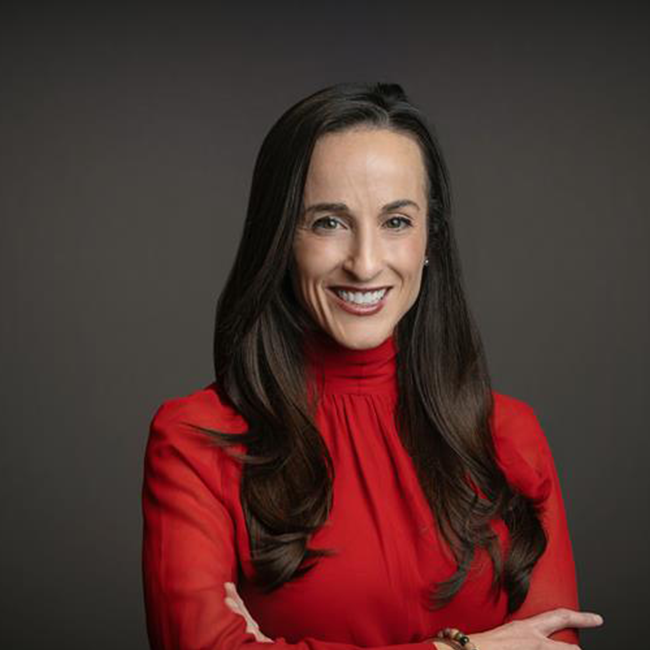
As COVID-19 cases continue throughout the world, we will continue to live with the effects of the pandemic for some time. The post-COVID world of work is gravitating toward a model that emphasizes adaptability and requires companies to evolve accordingly.
For many organizations, the need to adapt may be challenging. At WorldQuant, it is in our DNA and has been a driver of success. Since the beginning, we have employed a globally distributed workforce that necessitates meaningful connections through technology to bring us together and maintain productivity. This is in addition to more traditional in-person collaboration. Our lessons learned—both the advantages that are created and the challenges that are posed—could prove useful beyond the short term, and they can optimize the potential of global workforces in the long term.
Change is an opportunity to get to the future faster.
Lesson 1: Embrace Change.
Change is an opportunity to get to the future faster. An article late last year in Harvard Business Review stated that times of crisis are “often the times in which new approaches are most valuable.” We have seen that employees working remotely can be very productive if their skills, today’s technologies, and connectivity to the broader organization come together. When all are in place, collaboration can thrive and talent is empowered. At WorldQuant, we have enhanced our education efforts and implemented inventive new formats like global internal competitions to solve key business questions. The opportunities to gain from change are immense if change is utilized as a chance to grow and innovate.
Lesson 2: The Global Talent Pipeline Is Broader than Ever.
Companies often hire in a defined set of geographies where they operate, with some exceptions. Studies on the future of work suggest that the dispersion of talent away from major urban centers will likely continue, requiring a wider view of where to recruit top-tier employees. Organizations can benefit from these trends by thinking outside the typical approach. Our model stems from the idea that talent is global and opportunity is not. It has enabled a fusion of people from around the world seeking to solve problems based on the unique perspectives they bring. Going to find the talent where it is will be increasingly critical, and more achievable, as we move into a technology-driven future of work.
Lesson 3: Prioritize and Foster Social Capital.
Companies must find new ways to build connections among their employees in today’s rapidly evolving world. In May, Microsoft CEO Satya Nadella wrote that the need to “maintain everyday connections between employees, as well as between employees, their managers, and the company at large,” is critical to building social capital. Connections are the backbone of a team-based workforce—maximizing what large groups of individuals can achieve. Long-standing priorities, such as unifying employees around common objectives and creating optimal levels of transparency, become more challenging in a virtual world. Leaders who dedicate their own time to creating social capital, finding new ways to do so, and identifying what is valuable for their organization will be most successful in bridging the gap from today to the workforce of the future.
It’s unclear how long we will be living with COVID-19 and the ultimate impact it will have. Consulting firm McKinsey & Co. outlined nine potential scenarios—ranging from a quick recovery to a prolonged downturn—and Deloitte previously published four scenarios for 2021: what they referred to as sunshowers, endless winter, hard rain, and a new dawn. The outcomes remain in flux, but we can expect that the state of work will continue to rapidly change. Constant and purposeful evolution can help drive positive outcomes for leaders and their organizations and can enable employees to reach their full potential—as the future approaches faster than ever.











